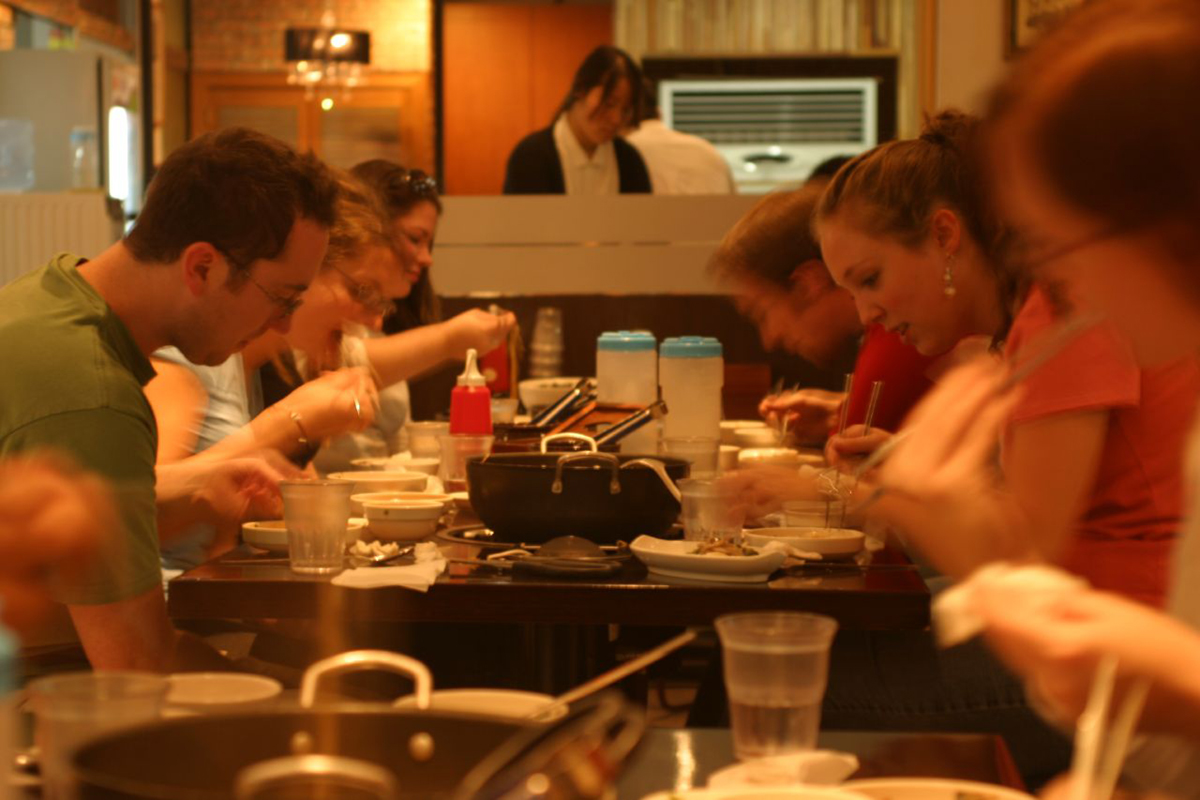Table of Contents
Keep It Simple
As a student, you're probably not going to want to spend hours in the kitchen. The good news is that that is not necessary to spend a long time on a healthy meal. Easy meals like vegetable-fried rice or whole-wheat pasta with tomato sauce and a side salad do not have to take you longer than 20 to 30 minutes to prepare, from start to finish.

Things like beans and chickpeas will take you longer, but you don't have to watch them boil. You can make use of this time by getting some studying in. You may also want to look into using a crock pot, which makes cooking almost effortless.
Identify Healthy Options For Eating Out
You will eat out. That's pretty inevitable. Why not look for healthy-ish and cheap places? Some eateries will offer student discounts. Others are cheap for everyone. Look around and ask others about affordable, tasty and healthy options for eating out. Joining clubs, doing volunteer work, and attending religious services will give you some opportunities to enjoy meals for free. Working at a restaurant is often a great way to get free meals as well. Just make sure you choose a restaurant with fairly nutritious meal options.
Alcohol
Alcohol is a really big deal, both in terms of the money you'll end up spending on it and what it does to your health. Have you ever heard that college students tend to gain quite a few pounds during their first year? Subsisting on a junk-food diet will definitely make that happen, but so will binge drinking. Alcoholic drinks are full of calories — and often sugar too — but don't have any nutritional value. Be the designated driver, or commit to drinking no more than a few units of alcohol. Remember, your body needs time off after a night on the town too. Never drink on consecutive days.
Stress Eating
Are you a stress eater? You're not alone. Many people turn to comfort foods when they're stressed, but also when they're bored or they can't focus on studying. Finding another way to channel stress and boredom would be great for your health. Instead of grabbing a bag of potato chips, why not do 10 push-ups and 10 ab crunches, take a walk around the block, phone someone you care about, or tidy up for 10 minutes?
Drinking plenty of water is good for your body, and it will also reduce your impulse to engage in comfort eating. When you're out, always carry a bottle of water with you to keep you hydrated and stop you from becoming dependent on the drink-equivalent of junk food, soft drinks.
See Also: Emotional Eating: Why Do We Eat When We Are Not Hungry?
On The Other Hand...
Don't starve yourself. Being obsessed with healthy nutrition is good. Avoiding unnecessary snacking is great. Skipping meals to save money or lose weight is not good at all. If you are overweight, remember that a calorie-restriction diet can work, but only if you use common sense. Getting to or maintaining a healthy weight is always a combination of sound diet choices and exercise. Fad diets or plain starving yourself will never give you the long-term solution you are looking for, and it will not help your brain work optimally either.
- Photo courtesy of COD Newsroom by Flickr: www.flickr.com/photos/codnewsroom/9686189309
- Photo courtesy of Matt Scott by Flickr: www.flickr.com/photos/ranna/1893307639


Your thoughts on this